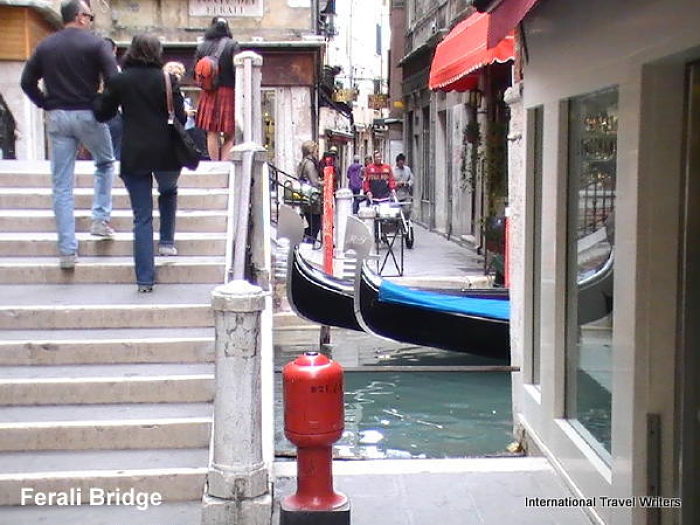Life on the Road - Local Consulting and Freelancing
(by T.W. Anderson)

Last week’s episode focused on the need to “go native” in your destination to receive the most benefits from working abroad. But that’s only the first step. Going native allows you open up the door...but once that door is open, where do you go from there?
While you can certainly pursue a work visa and attempt to find local employers looking to hire expats and travelers with experience (as discussed in episode six), there’s another route that you can pursue professionally: consulting and freelancing.

Freelancing is the easiest and the most common way to make money while living and traveling the world. It can be done from anywhere as long as you have a laptop or tablet and an Internet connection, and there are a number of various options you can choose from. Really, just about any job in the modern era can be done via telecommuting; it’s only those who are stuck in yesteryear who insist on physical clock-punchers sitting in an office room.
Consulting, on the other hand, is a more advanced option reserved to those with professional expertise. You can’t offer consulting, for example, unless you are actually an expert in something. Working at McDonald’s for five years flipping burgers while saving up your money for a round-the-world trip does not an expert make. Working as a community manager for an online forum, on the other hand, offers you some real world experience that you can take abroad. Example only: there are dozens of types of jobs that result in consulting-level experience.
One of the better aspects about both of these options, above and beyond simply going native and working for someone as an employee, is that you can often times work as a consultant and freelancer without the need for a work visa. This isn’t the case in every country; some places want you to have an actual work visa to pursue local freelancing, but there are ways around this, such as getting paid cash under the table, or routing funds through a “foreign to the country you are presently in” PayPal or bank account.

Better yet, however, is the tit-for-tat style of freelancing or consulting. For example, building a condo-owner’s website for them and trading them six months of living expenses. Running a social media campaign for a local restaurant and trading them three months of free dinners. Advertising the local gym through social media and email campaigns and trading your membership fee in exchange for the work.
These are all ways to “work” on the local level without any money ever exchanging hands...thus completely absolving you of any fears related to illegally working in the country without a visa...because you aren’t technically working for a wage. Personally, it’s my favorite way to roll. While I have cash clients on an international level, along with book sales and other gigs, and I work for cash primarily, I try to trade as much as I can.

For example, Cristina and myself rarely just go out and eat at a restaurant. Instead, we are always sending out proposals to local restaurants; on any given day I send out 25-30 emails to local businesses with our press kit attached. The goal? To advertise our social media management and publicity services and find business owners who understand the value of publicity and are willing to either pay us for an article + YouTube video + photos and social media coverage...or trade us free food for X amount of visits in exchange for the “free” press.

Consulting, on the other hand, can bring in far more money in the long run, especially if you run a value-based service where you charge the client based on the value of your consultation. For example, our most basic consulting starts at 750 USD and goes up from there depending on if the person in question is looking for a quick one-off, generic consultation...and from there it goes into ongoing mentorship where the consulting takes place over weeks and months with long-term guidance.
In these cases, we charge 15 to 25 percent of the value of the business we are helping to build, depending on our level of involvement. If it’s a 100k business that the owner wants to create, than we charge accordingly; 15-25k, regardless if we are involved for two weeks or two months, because we are helping to build that business into reality.
But you also have to understand that it means sometimes working for less than what we would make working for a Western client, as many businesses in the developing world are operating on a smaller budget.
T.W. Anderson has been traveling the world full-time since January of 2008. He is the author of books which detail how to build a blog, brand and income and travel the world without a budget. His website is Marginal Boundaries.com
Related Articles......
Return from Consulting and Freelancing to International Travel Homepage
Having trouble finding what you need? International Travel Writers Index and Map
OR
Do you have a travel experience or story to share? Share your travels here!
By Carolynne Woods, © Copyright 2010-2020. International Travel Writers.com All rights reserved images and text


















